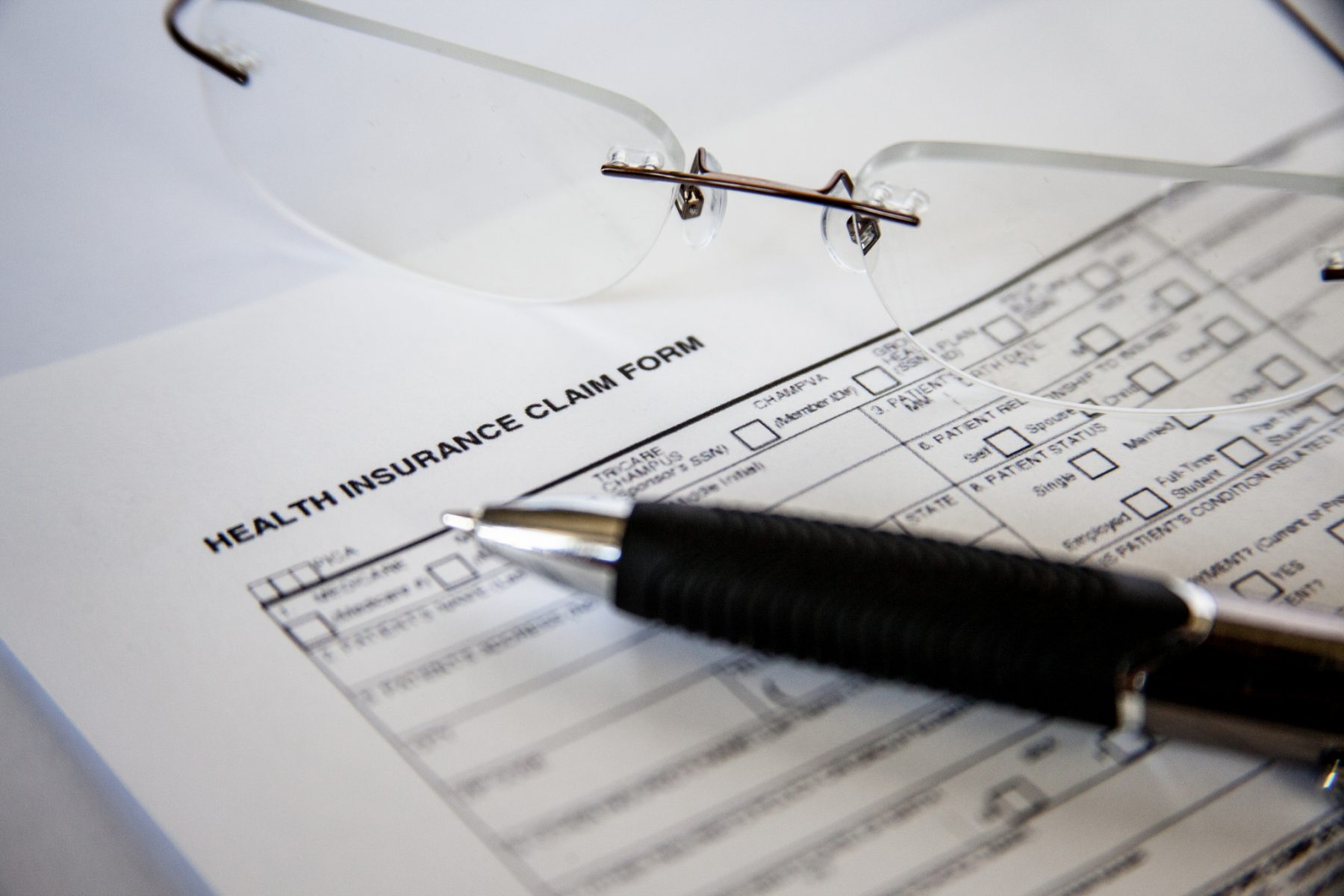Do you ever think twice when you check the M (Male) or F (Female) box on official documents, surveys, health papers, or just about any form? How much does that box affect your life, or does it not affect you at all?
There are at least 1.3 million US citizens who worry about those checked boxes practically every day, and their lives can be quite severely affected by the government’s inflexibility. Many official documents either do not allow for a third gender option or do not allow for individuals to change their recorded gender on a later date. In addition, most documents do not acknowledge the difference between gender and sex, which do not coincide for many cases. These constraints are particularly problematic for transgender individuals, including those who identify as non-binary.
In regards to official documents that do allow individuals to change their recorded gender, there are several unrealistic constraints that citizens have to keep in mind. First, for most documents, the individual must present evidence of having undergone a particular surgery, i.e. a range of accepted gender “reassignment” surgeries. However, 80 percent of transgender women and 98 percent of transgender men have not undergone gender genital surgery, mostly because it is absurdly expensive and, in the view of many trans individuals, unnecessary. Second, official documents may require a doctor’s letter confirming the change, although there is significant evidence that suggests that trans individuals are discriminated against in the healthcare system, making it hard to access a trustworthy doctor–for example, 14 percent of genderqueer individuals in a study experienced medical refusal, and 36 percent of that group forewent needed medical care. There are very few documents that give citizens the option to change gender on a basis of self-identification.
Because the policies surrounding gender identification vary greatly, trans individuals are often subject to inconsistent documentation. This inconsistency can lead to discrimination, especially in the workforce or healthcare system, since trans people are thereby “outed” by, say, their birth certificate listed as M and their driver’s license listed as F. Other sources of discrimination based on inconsistent documentation may include applying to schools, going through airport security, and opening bank accounts.
Discrimination against trans workers can be particularly problematic because unemployment can lead to financial distress. A relatively large population of trans individuals are then forced into homelessness, although homeless shelters and groups are often segregated by sex. In addition, individuals under financial stress may be forced into making dangerous decisions that can ultimately place them in jail, which are also often sex-segregated. Sex-segregated facilities present problems within themselves, as trans people are subject to (often violent) harassment.
There are very few states that are starting to get a handle on this problem–only Oregon and California have passed any type of legislation. Oregon was the first state to allow both a third gender option and the ability to change one’s gender on their license. California has taken a more impactful approach, where Governor Jerry Brown (D) has signed The Gender Recognition Act, which allows both a third gender option–though they labeled this option “intersex” rather than “non-binary third gender,” which itself is problematic since the terms confuse sex and gender–and the option to change gender on all distributed official documents. The Act even requires the state to reissue birth certificates for those who want to identify as third gender or change their gender.
In addition, The Affordable Care Act has provided a platform for trans individuals in healthcare, as it prohibits discrimination of transgender individuals in a medical setting or when they are applying for insurance. However, the Affordable Care Act is under scrutiny from the current administration, which makes the platform less stable.
Ultimately, there are some (small) forms of progress in this area of discrimination against trans individuals, but the issue also calls to question why we require strict gender administration in the first place. Arguably, there is no benefit to administering gender, nor is there any reason to prevent someone from changing their gender identity. There are millions of individuals that face enough discrimination everyday without this additional barrier in their lives. While it seems like this issue is finally gaining some traction, as it stands now, there is not enough being done about it. No one should have to live in fear of checking unimportant boxes.




